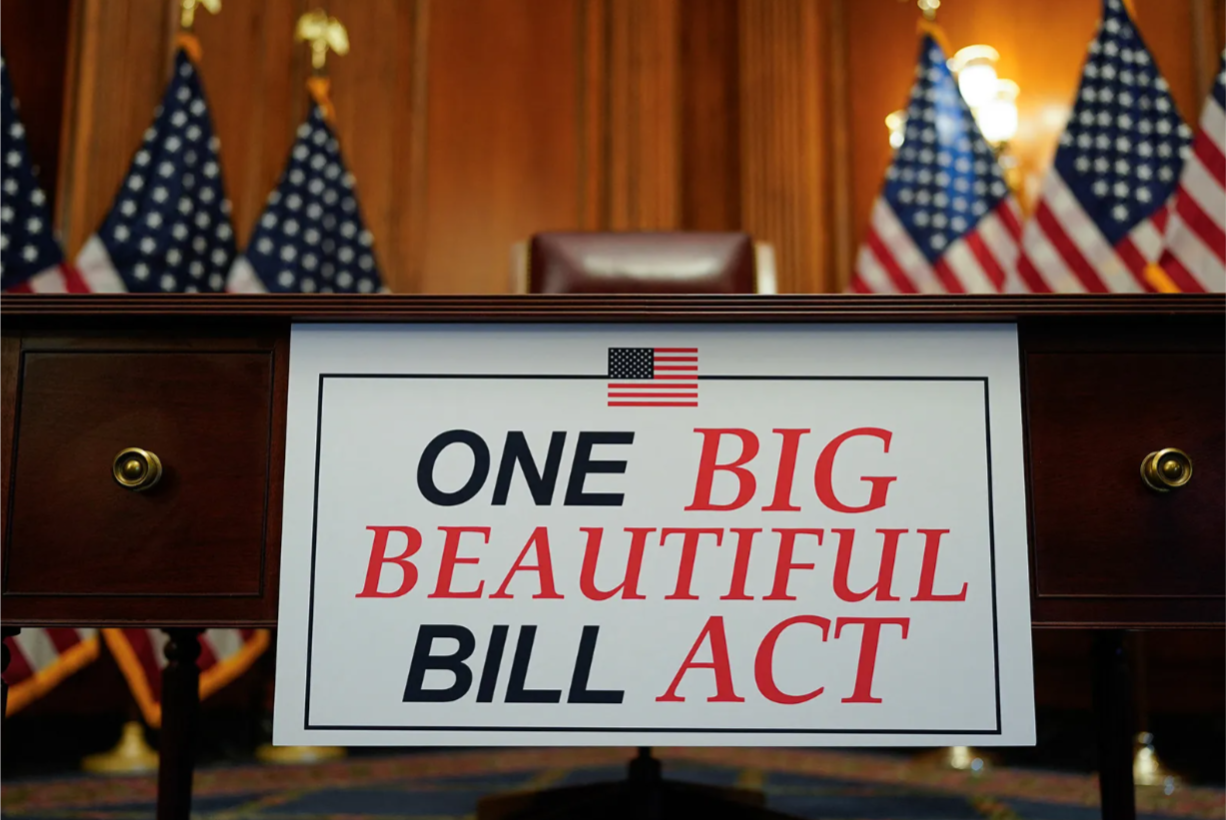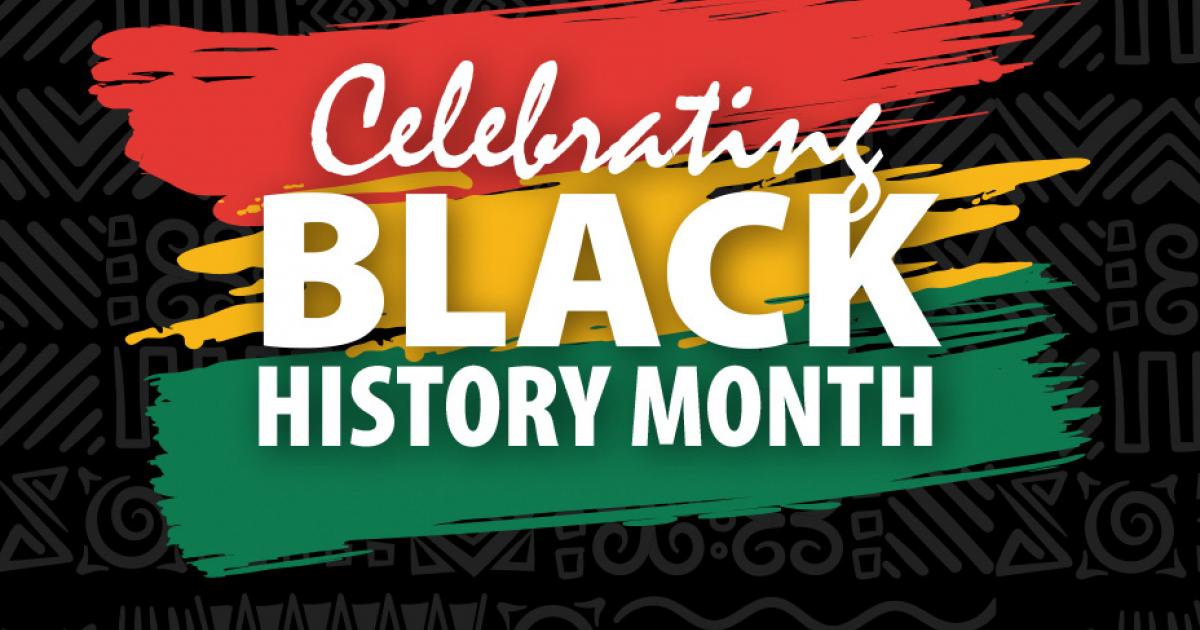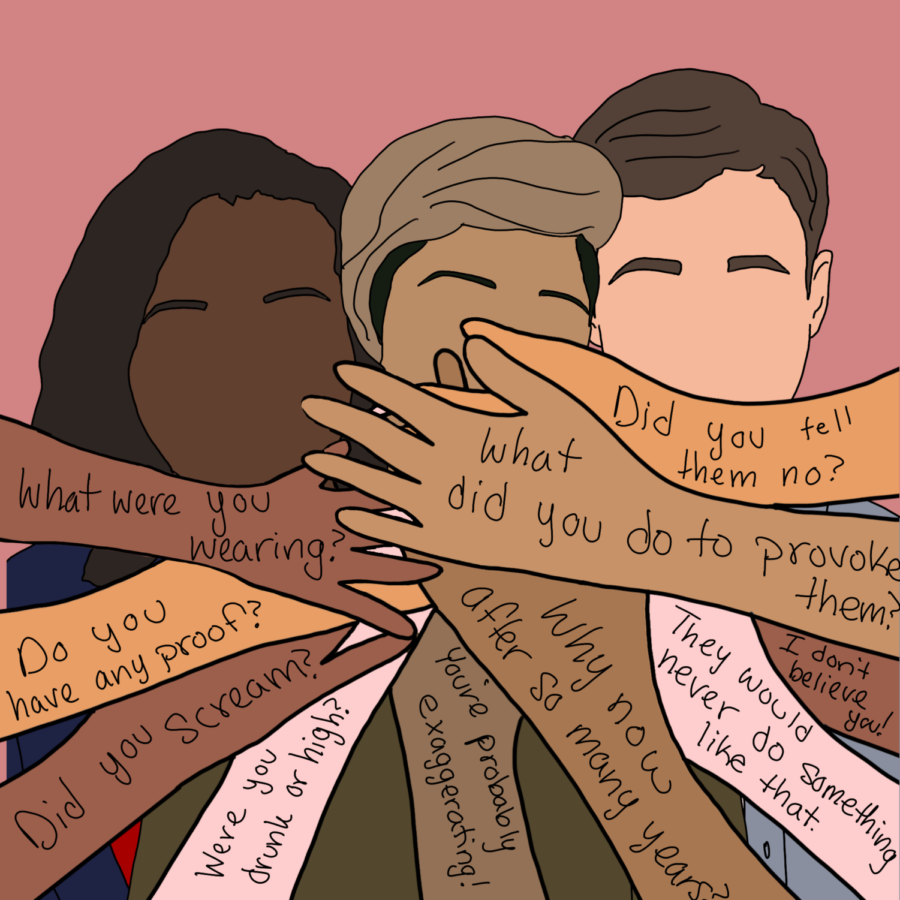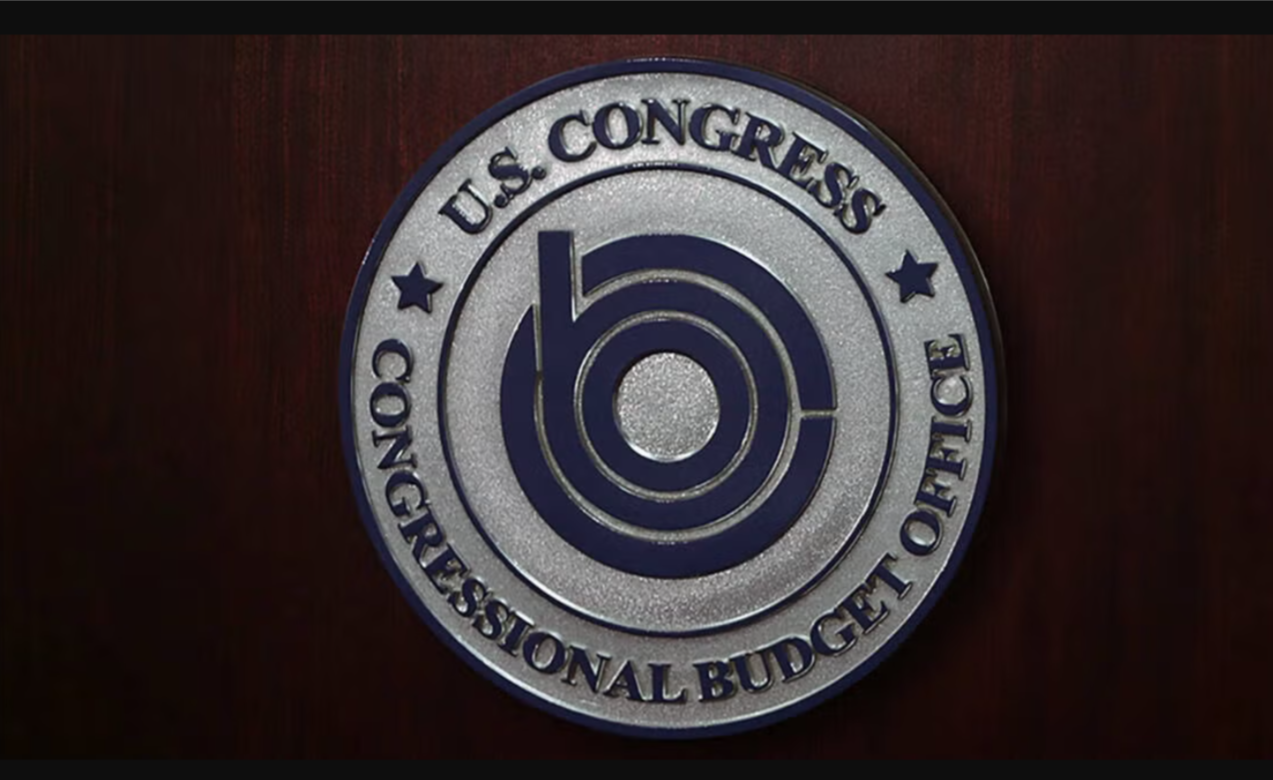(ThyBlackMan.com) The pain that millions of Americans will feel from the Republicans’ megabill is real. It may take time for the reality and pain of the new domestic policy to hit, but it will eventually come, and it will not be pleasant. Part of the current pain is knowing that the legislation could have been stopped during the Senate vote. There was hope that Sen. Lisa Murkowski (R-AK) would have joined a handful of her fellow Republican colleagues who found reasons within themselves to vote against the so-called “Big Beautiful Bill.” In turn, she became the key undecided vote that allowed the controversial bill to clear the Senate after accepting a series of carve-outs that would lighten the impact on her home state. Sen. Rand Paul (R-KY) opposed the legislation because it included an increase to the debt ceiling.

Sen. Thom Tillis (R-N.C.) objected to Medicaid cuts, saying that Trump is breaking his promise not to push people off the program. Sen. Susan Collins (R-Maine) voted against the bill despite the last-minute doubling of the fund to support rural hospitals to $50 billion. All 47 Democrats or independents who caucus with the Democrats opposed the bill. The three GOP defections created a 50-50 deadlock, resulting in Vice President Vance’s tie-breaking vote. Murkowski may have called herself making a bad bill better for her constituents with the carve-outs and schemes, but after casting the pivotal vote, she asked the Republican-led House not to pass the bill she had just voted for. It was no surprise that Murkowski’s appeals were ignored without hesitation by House Republicans. Despite the carve-outs, Alaskans will still be hurt by the bill. Alaska Hospital and Healthcare Association President Jared Kosen says it’s impossible to know how much of the $50 billion rural healthcare fund Alaska will get. Meanwhile, he expects approximately 34,000 Alaskans will lose Medicaid coverage
Murkowski’s vote was not political; it was a moral vote. She previously admitted that in many parts of the country, “there are Americans that are not going to be advantaged by the bill.” Despite her understanding and acknowledgement of the human toll, Murkowski simply did not have the moral courage to stand up for individuals in Alaska and nationwide who will lose their healthcare. She had 34,000 reasons to vote against the bill: The 34,000 Alaskans and their families who are impacted by legislation that will slash Medicaid, food assistance, and public education while simultaneously giving tax breaks to some of the wealthiest Americans is what motivates and inspires Bishop William Barber’s moral message against the immoral actions of those leading our government – including Murkowski’s immoral vote of “conscience.”
Bishop William Barber II is the co-chair of the revived Poor People’s Campaign, a national movement that challenges inequality through moral protest and policy change. In this era when political leaders such as Murkowski often seem more interested in power than principle, Bishop Barber stands as a prophetic voice, calling Americans of all races and political persuasions to reclaim the nation’s moral center. Barber’s battle is both a moral rebellion against Trump’s America and the entrenchment of inequality that has persisted throughout every previous administration.
His movement doesn’t simply resist a sitting president; it challenges the politics of division, intimidation, and fear. In Barber’s view, Trump is not the disease; he is the symptom of a nation that never fully confronted its sins. “When politicians and priests bless policies that hurt the poor,” Barber said, “that’s when the prophets have to rise.” For Barber, this is the prophet’s role: to expose, to indict, and to force a moral reckoning in the public square. By grounding resistance in both scripture and strategy, the actions of his movement are shaped by a long tradition of religious protest in the U.S. Barber’s strategy mirrors that of Martin Luther King: not to write legislation personally, but to focus enough attention on a moral crisis that the system must respond. Barber’s organizing is intentionally multiracial. He reminds us that there are more poor white people in America than any other group, and policies that harm people experiencing poverty are not limited by race.
The low points in our nation’s past often served as a catalyst for moral movements that pushed America toward a more perfect union. Today, we are definitely at a low point in our nation, and it is time to speak truth to power. As part of Barber’s Moral Monday movement on July 14, clergy, impacted people, and community leaders will visit U.S. Senate offices across the Bible Belt states of the South (Alabama, Mississippi, Florida, Texas, Georgia, South Carolina, Tennessee, Arkansas, Louisiana, West Virginia and North Carolina). The visits will serve as a sacred action, which is a bold response to an immoral budget and unjust policies that harm the poor, women, children, and workers.
The pain imposed on people experiencing poverty is very real, so too is the hypocrisy of lawmakers who have no shame when inflicting the pain on vulnerable people. According to Barber and his movement, House Speaker Johnson and his colleagues do not mind prayer that does not challenge their violent political actions, but they are afraid of praying people who will also become acting people, liberating people, and voting people who pray against their policies, thereby putting a light on their ugliness.
Written by David W. Marshall
Official website; https://davidwmarshallauthor.com/
One may purchase his book, which is titled;

















Leave a Reply